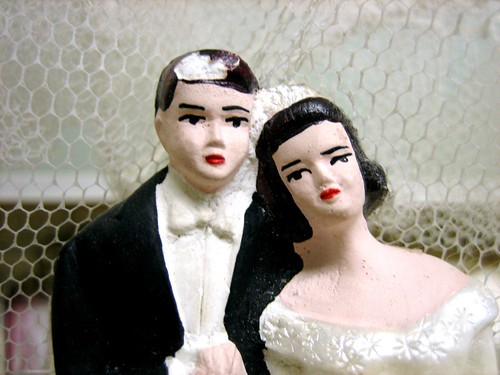Are cohabiting couples as happy as married couples?
.Marital status is a key determinant of psychological well-being. I use data from both waves of the National Survey of Families and Households to evaluate the effect of union type (i.e., cohabitation versus marriage) on depression. Cohabitors report higher levels of depression than their married counterparts, net of sociodemographic factors. The greater depression characterizing cohabitors is primarily due to their higher relationship instability relative to marrieds. Cohabitors’ reports of relationship instability are about 25 percent higher than marrieds’ reports. High levels of relationship instability are especially detrimental for cohabitors who have been in their union for a long period of time. Additionally, cohabitors’ depression scores are exacerbated by the presence of biological and step children, whereas marrieds’ depression scores are impervious to children. Longitudinal analyses that correct for selection bias confirm that the lower levels of well-being characterizing cohabitors are not due to the types of people who choose to cohabit.
Source: “The effect of union type on psychological well-being: depression among cohabitors versus marrieds.” from J Health Soc Behav. 2000 Sep;41(3):241-55.
Follow me on Twitter here or get updates via email here.
Related posts:
How to improve your relationship in 5 seconds
What the amount spent on an engagement ring says about the bride and the couple






